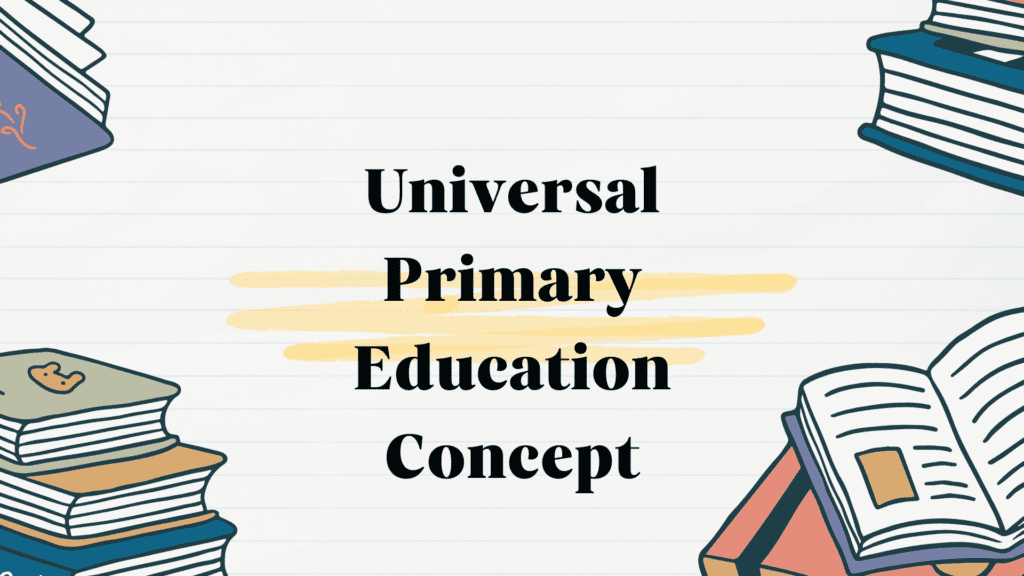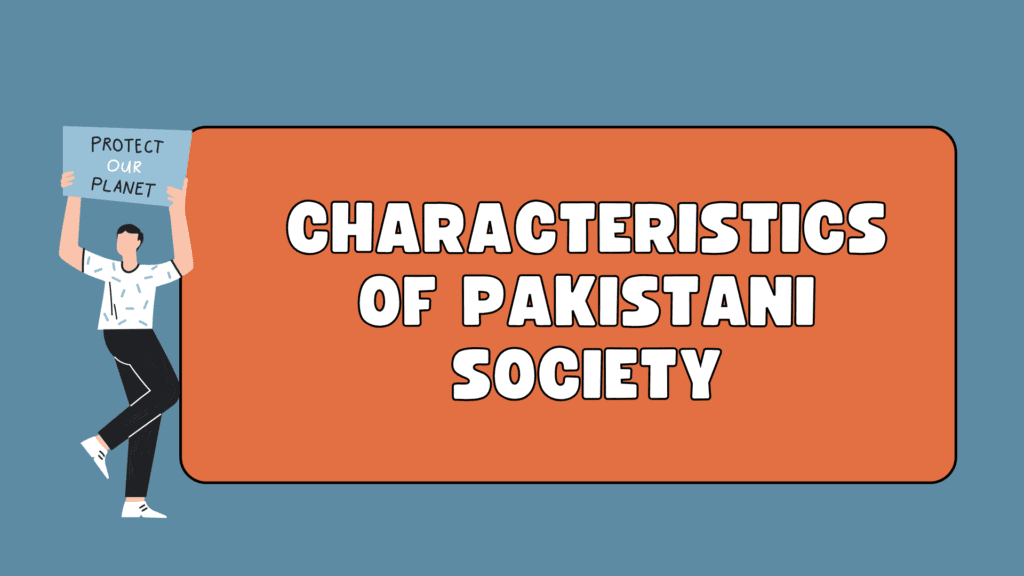Universal Primary Education (UPE) is the global commitment to ensure that every child, regardless of their background, has access to free, quality primary education. It is based on the idea that education is a basic human right, essential for personal development, equality, and national progress.
Universal Primary Education
Universal Primary Education refers to the goal of enrolling all children, usually between the ages of 5 to 11, in free and compulsory primary schooling and ensuring they complete it successfully.
It is one of the main targets of:
-
UN Millennium Development Goals (MDGs) – Goal 2: “Achieve universal primary education.”
-
UN Sustainable Development Goals (SDGs) – Goal 4: “Ensure inclusive and equitable quality education and promote lifelong learning opportunities for all.”
Core Principles of UPE
-
Free access: No child should be denied education because of cost.
-
Equity: All children, including girls, children with disabilities, and those from marginalized communities, should have equal access.
-
Compulsory education: It should be required by law for all school-age children.
-
Quality education: Learning must be effective, not just formal enrollment.
Importance of UPE
-
Reduces Poverty: Education increases employment opportunities.
-
Promotes Gender Equality: Educated girls are less likely to marry early and more likely to contribute to the economy.
-
Improves Health: Literate individuals understand health practices better.
-
Empowers Citizens: Education builds awareness of rights and responsibilities.
📌 Example: A literate child is more likely to vote, understand public health advice, or participate in community development.
UPE in the Context of Pakistan
Pakistan has committed to UPE through Article 25-A of its Constitution:
“The State shall provide free and compulsory education to all children of the age of five to sixteen years.”
However, challenges remain:
-
Out-of-School Children: Over 20 million children are still out of school, mostly in rural and underdeveloped areas.
-
Gender Gaps: Girls in regions like Balochistan and interior Sindh have lower enrollment and higher dropout rates.
-
Quality Issues: Poor infrastructure, untrained teachers, and overcrowded classrooms affect learning outcomes.
📌 Example: In many villages of South Punjab, girls drop out of school due to lack of female teachers or distance from the nearest school.
Government & NGO Efforts
-
Government Programs:
-
Ehsaas Taleemi Wazaif – Cash transfers to help low-income families send their children to school.
-
Non-formal Basic Education (NFBE) – Accelerated learning for dropouts.
-
-
NGO Efforts:
-
The Citizens Foundation (TCF) – Builds schools in underserved areas.
-
Alif Ailaan (now closed but impactful) – Advocacy for better education policies.
-
-
UNICEF and UNESCO Support:
-
Partner with the Pakistani government to improve access, curriculum, and teacher training.
-
Barriers to Achieving UPE in Pakistan
-
Poverty: Families often need children to work.
-
Cultural Norms: In conservative areas, girls’ education is discouraged.
-
Security Issues: Conflict in some regions hinders school attendance.
-
Poor Governance: Corruption and mismanagement affect educational delivery.
Recommendations for Achieving UPE
-
Increase Education Budget: Allocate more GDP to education.
-
Community Mobilization: Raise awareness about the value of education.
-
Improve School Infrastructure: Build more schools, especially in rural areas.
-
Train and Hire Teachers: Especially female teachers in conservative areas.
Conclusion
Universal Primary Education is essential for national progress, social justice, and economic development. While Pakistan has taken steps toward this goal, continued investment, strong policy implementation, and public awareness are needed to ensure every child has access to quality primary education.
“An educated child today is an empowered citizen tomorrow.”


